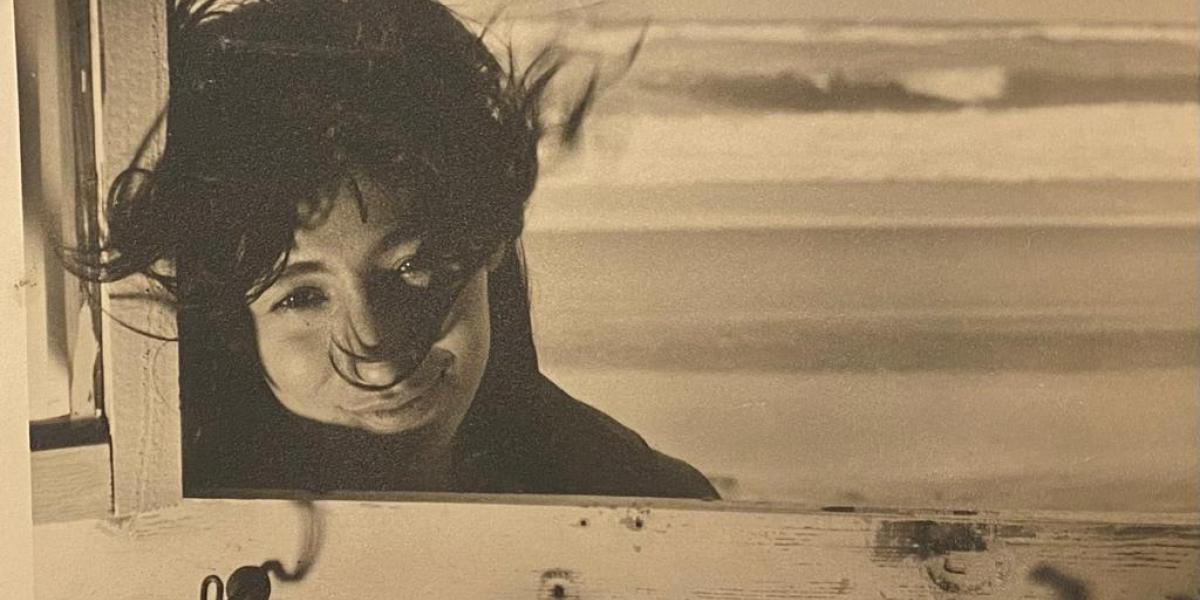Leila Baalbaki was a feminist Lebanese author. Despite a short writing career that lasted less than ten years, Baalbaki was known for introducing feminist and existentialist themes to Lebanese literature, and for her pioneering literary depiction of women’s sexuality.
Born in 1936 to a Shi’ite family, Baalbaki studied literature at the University of Saint Joseph and then worked for the Lebanese Parliament for several years. She moved to Paris between 1959 and 1961 on a scholarship and discovered existentialism in Parisian cafés, where she became known as ‘Lebanon’s Françoise Sagan’. Baalbaki’s debut novel أنا أحيا (I Live), published in 1958 when she was 22, brought her international fame in the Arab world and beyond. This provocative work openly focusing on women’s liberation and emancipation has since been labelled as ‘generation-defining’ in Lebanon and the wider Arab world. Another novel, الإلهة الممسوخة The Monster Gods followed in 1960. In 1963, Baalbaki published her final work – a short story collection entitled سفينة حنان إلى القمر A Spaceship of Tenderness to the Moon that brought Baalbaki and her publisher to trial. The collection, considered ‘erotic’ by the Lebanese authorities of the time, was banned. Although she and her publisher were acquitted, Baalbaki stopped writing after the trial. She pursued her career as a journalist, working for Al-Hawadith, Al-dustur and Al-nahar, among other media. Baalbaki lived between Lebanon and the United Kingdom from 1975 until her death in London in October 2023.
